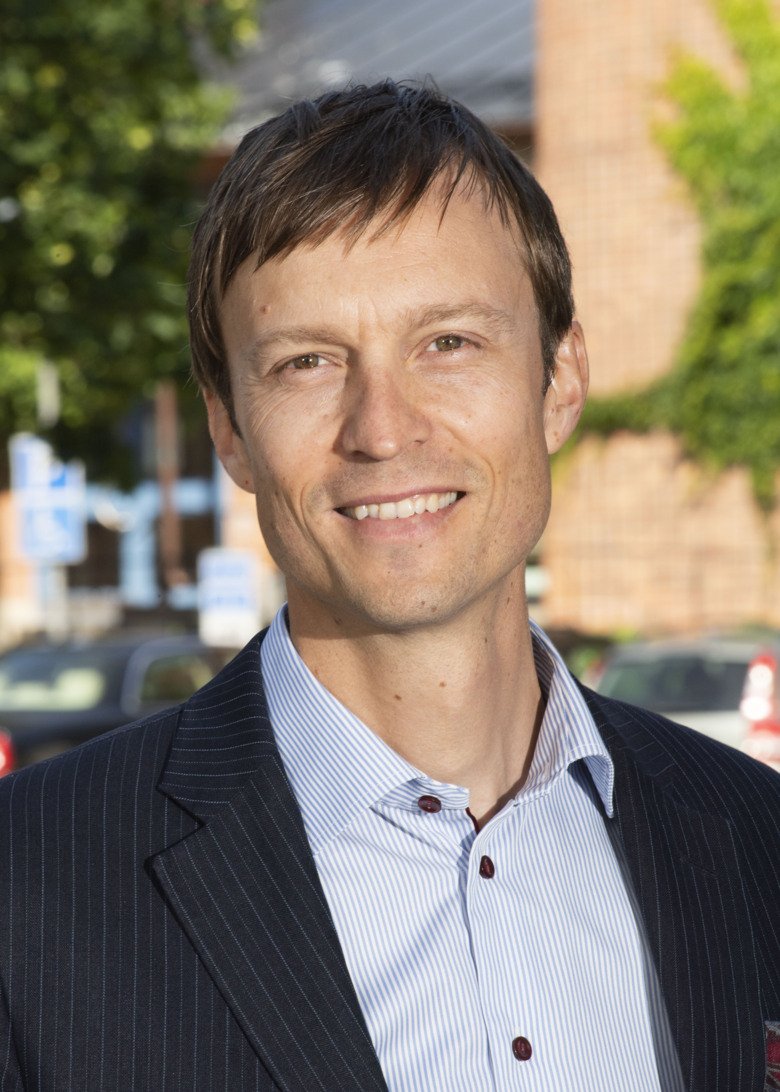Early years’ impact on long-term lung health
Erik Melén conducts research on the causes of allergies, asthma, and other paediatric lung problems as well as the factors that influence disease progression over time. His goal is to develop knowledge and treatments for better lung health over a person’s lifetime.

What are you researching?
“We want to understand why some children suffer from asthma, allergies, and lung problems, and identify factors that affect their long-term health – for example, whether these problems may lead to chronic diseases, such as COPD, once children reach adulthood. Asthma and allergies are common diseases that affect a large proportion of the population and which, in severe cases, considerably impact life quality. Ultimately we hope to contribute to the development of treatments and even a cure for asthma and allergies. We also hope to provide better knowledge on how these diseases can be prevented.
Our research ranges from genetic factors and molecular mechanisms to environmental factors such as diet, as well as exposure to air pollution, smoking, and chemicals.”
What are your most important discoveries?
"The BAMSE study, for which I have been principal investigator since 2014, has been going on for many years and has contributed important new knowledge, for example, about the factors during a baby’s first year that have the greatest effect on lung function and diseases later in life. This relates not least to air pollution, tobacco smoke exposure, and pre- mature birth. Another important contribution is that we have demonstrated the value of molecular diagnostics in allergic diseases, which means that today we can distinguish a ‘genuine’ peanut allergy from cross-reactivity with a birch pollen allergy.”
How will your research evolve in the future?
We are now directing the research back to the clinic and to the basic question of how we can best help our patients maintain lung health throughout their lives. I look forward to starting several clinical intervention studies based on the knowledge and hypotheses we have generated thus far. At the same time, we are continuing with basic research including genetics, epigenetics, and molecular mechanisms with the aim of identifying new biomarkers for disease. For example, we want to understand more about individual differences so that we can identify particularly vulnerable patients and provide individually customised treatment.”
Text: Anders Nilsson, in translation from Swedish
First published in From Cell to Society 2019
About Erik Melén
Professor of Paediatrics at the Department of Clinical Science and Education, Södersjukhuset
Erik Melén was born in 1975 and grew up in Skövde. He graduated with a medical degree from Uppsala University in 2001 and received his medical license in 2005. In 2006 he obtained a doctor- ate at KI with a genetic study of allergic diseases and asthma in children
From 2009 to 2010 he was a post- doctoral researcher at Harvard Medical School, followed by a research position at KI’s Institute of Environmental Medicine, where in 2012 he became an associate professor. In 2015 he was awarded Prince Daniel’s grant from the Swedish Heart-Lung Foundation and in 2017 he was the beneficiary of a European Research Council Starting Grant. Melén’s clinical specialisation is in paediatrics (2012) and paediatric allergy (2017). He has been working at Sachs’ Children’s and Youth Hospital, SÖS, since 2013.
Erik Melén was appointed Professor of Paediatrics at Karolinska Institutet on 1 June 2019.
